Posted By: Nirav Dave
Capsicum's CapLog
Checkout our attempts at some wordplay below

Beyond SEO: Why AEO is Critical in the Age of AI
If you want your website to thrive today, traditional SEO alone isn’t enough. The search engines h...

SXO Best Practices for a Seamless Search Journey
Posted By: Nirav Dave
Search experience optimisation (SXO) has become one of the most important marketing tactics in the d...
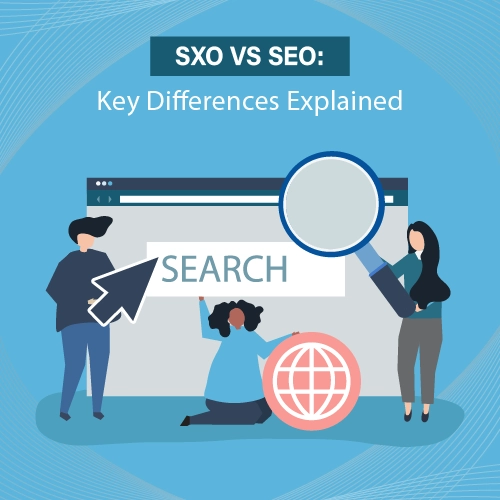
SXO vs SEO: Key Differences in 2025
Posted By: Nirav Dave
People searching online in 2025 is unlike what it was a few years ago. Users demand easier trips, qu...
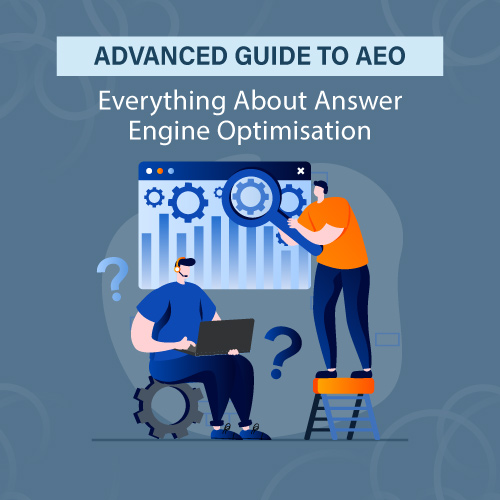
Advanced Guide to AEO: Everything About Answer Engine Optimisation
Posted By: Nirav Dave
Digital space is evolving at a rate that no marketer ever thought would happen. The search engines a...

SXO: How to Unlock Higher ROI in 2026
Posted By: Nirav Dave
The realm of digital marketing is ever-evolving and undergoes constant changes with every new algori...

AI Content: The Ultimate Success Formula in 2026
Posted By: Nirav Dave
The digital world has been swept by AI-generated content. Research, drafting, and editing that used ...
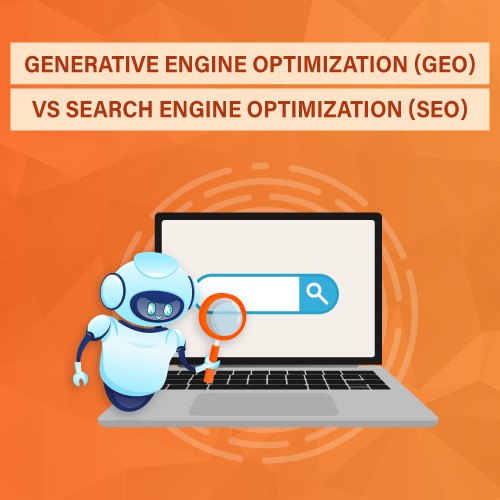
Generative Engine Optimization (GEO) vs Search Engine Optimization (SEO)
Posted By: Nirav Dave
In the dynamic digital world, it is important to master the difference between search engine optimiz...
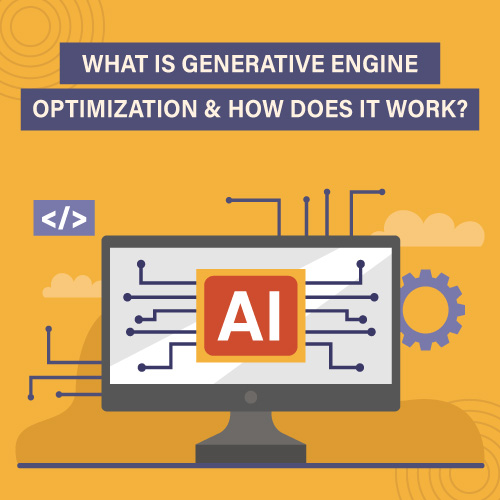
What is Generative Engine Optimization (GEO) & How Does it Work?
Posted By: Nirav Dave
Generative Engine Optimization (GEO) is an emerging content strategy that focuses on optimizing vari...
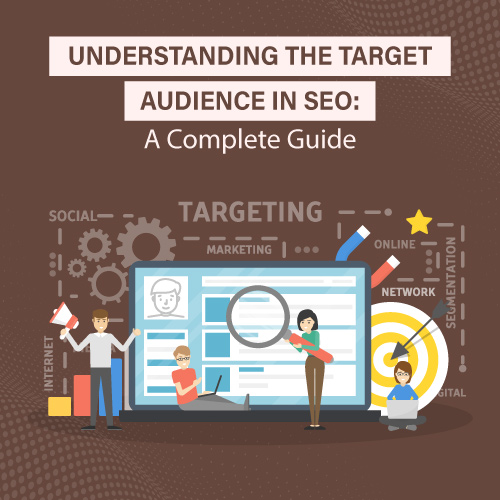
Why Knowing Your SEO Target Audience Is So Important
Posted By: Nirav Dave
If you want your website to rank well on Google and bring in the right traffic, you need to do more ...

11 Best D2C E-Commerce Platforms in India (2026)
Posted By: Nirav Dave
D2C ecommerce platforms support online stores and businesses’ overall growth and journey. They...

11 Long-Term Growth Benefits of E-commerce SEO in India
Posted By: Nirav Dave
Introduction In today’s digital world, having an online store is not enough. If your customers can...

How SEO Helps Businesses Grow in the Indian Market?
Posted By: Nirav Dave
In today’s digital age, having an online presence is no longer optional. With over 800 million int...
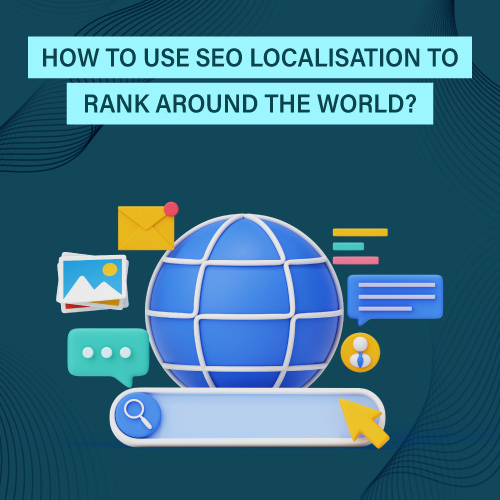
How to Use SEO Localisation to Rank Around the World?
Posted By: Nirav Dave
Introduction Ever wondered why your site is receiving traffic from various countries but not convert...
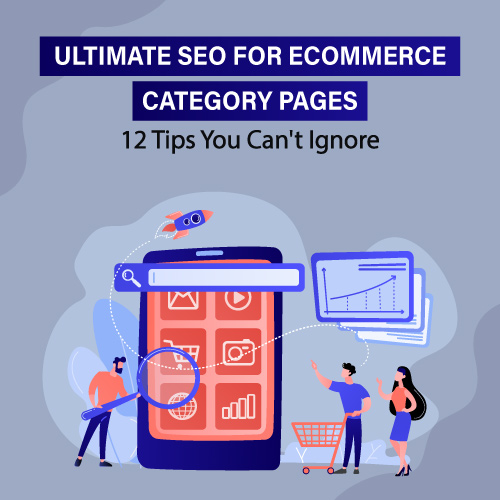
Ultimate SEO for eCommerce Category Pages
Posted By: Nirav Dave
In developing an online business, SEO for eCommerce category pages plays an essential role. They are...
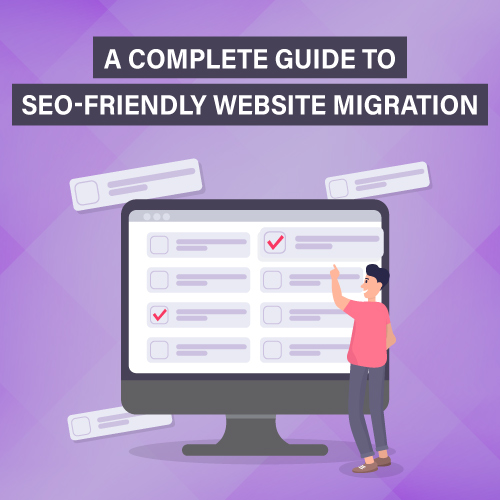
A Complete Guide to SEO-Friendly Website Migration
Posted By: Nirav Dave
Website migration is a complex process that, if not done correctly, can lead to a significant drop i...
© 2009 - 2026 Capsicum Mediaworks LLP.
 Scroll
Scroll









